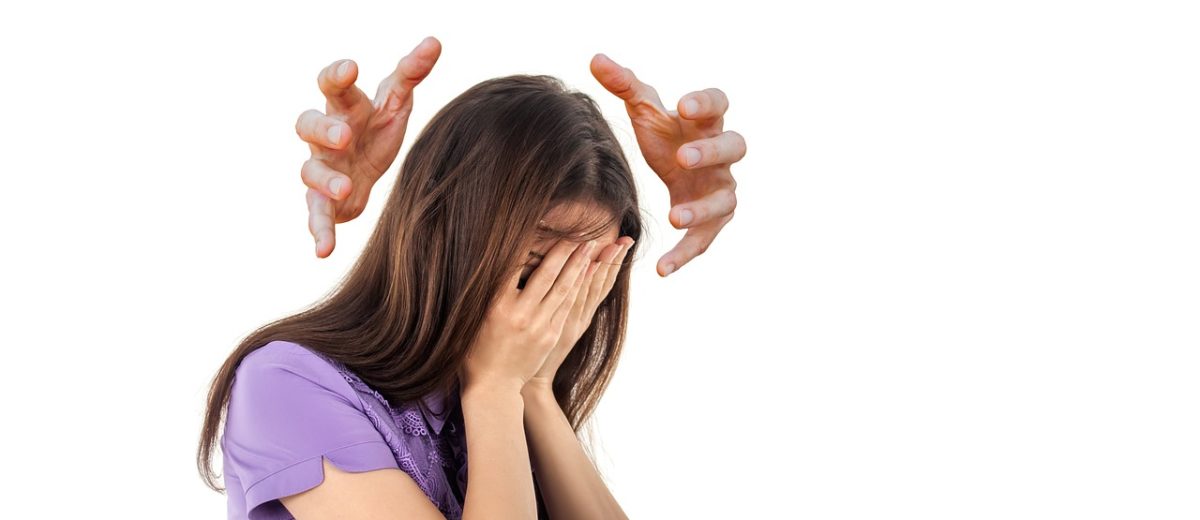If you have lots of headaches, that’s no fun at all. So it makes sense that you’re interested in acupuncture for headaches. The good news is that the evidence base is now strong that acupuncture can provide real relief, for both migraines and tension headaches.
Headache symptoms
It might seem like a simple problem, but headache symptoms can be very diverse. For example they can include:
- Aching, throbbing, pressure or sharp pain
- At your temples, behind your eyes, behind your forehead, to the rear of your head, or throughout your head
- On one or both sides of your head
Your headaches may be better or worse:
- At certain times of the day
- In certain weather
- With certain foods
- With stress
- With exercise
- At certain points in your menstrual cycle
- Etc
In addition they may be accompanied by:
- Nausea
- Vomiting
- Loss of appetite
- Visual disturbances
- Eye pain
- Sensitivity to sound and light
- Fatigue
- Irritability
- Neck and shoulder tension
Which type of headache?
The three most common kinds of primary headaches are:
- Migraines – if you’ve got these, you probably know all about it! Pulsing pain in your head, which can go on for days, may be accompanied by nausa, vomiting and visual disturbances. You may become very sensitive to bright light or loud sounds. You may be completely debilitated while it lasts. Different people may have different triggers, but they may include certain foods, hormonal shifts, sleep disruption or exposure to chemicals. Read my blog post here about the research showing that acupuncture for headaches can be a cost-effective way of preventing migraines.
- Tension headaches – these usually give you a dull ache in your whole head, and your neck and shoulders or other parts of your head may feel tense and be sore when you touch them. Stress is a common trigger. Read my blog post here about how acupuncture for headaches can help. The research is positive for both treating and preventing chronic tension headaches.
- Cluster headaches – again, if you’ve got these, you’ll know about it! You will suffer a severe burning pain, on one side of your head. You may get swelling, redness, tears in your eyes and/or nasal congestion on that side too. Typically each headache won’t last more than three hours, but they’ll recur over a period of time. These headaches are more common at certain times of the year, and more common in men.
Is medication causing your headache?
A lot of progress has been made in recent years in recognising that in some people your headaches are being CAUSED by taking painkillers regularly. As a result these are known as ‘medication overuse headaches‘ or ‘rebound headaches’.
Consequently, even though medication may temporarily relieve this kind of headache, the strain on your body of processing the drug has reached the stage where taking the medication may now be the main driver of your ongoing headaches.
Headaches as a danger sign
Most headaches are not an indicator of another, more serious, underlying disease. When you hear hoofbeats, think horses, not zebras!
However you should consider seeking medical attention urgently if you have a strong headache accompanied by a rash, fever, neck stiffness, the worst headache you’ve ever had, vomiting, confusion, slurred speech, paralysis and/or loss of vision.
But hopefully your headaches fall outside this category. Still, if they don’t respond to pharmaceutical treatment, acupuncture for headaches, or other commonly useful approaches, I would definitely recommend to get them checked out by your doctor.
Acupuncture for headaches
The evidence base for acupuncture treatment of all kinds of health conditions is at different stages of evolution. Happily, for migraines and tension headaches, a good body of evidence has now built up. In short, we can say with confidence that acupuncture for headaches can bring real benefits.
Book your appointment for acupuncture for headaches
To see how acupuncture for headaches may be able to help you, just get in touch.
Image by photosforyou from Pixabay



